Speaker Biographies
Miriam Calderon serves as the Deputy Assistant Secretary for Early Learning in the Office of Elementary and Secondary Education at the U.S. Department of Education. She was appointed by Gov. Kate Brown in 2017 to serve as the early learning system director for the state of Oregon. She previously served in the Obama-Biden Administration advising on early learning policy at the U.S. Department of Health and Human Services and the Domestic Policy Council. Ms. Calderon has a diverse set of experiences in the early childhood field in program, policy and advocacy. She worked as the senior director for early childhood at the Bainum Family Foundation, as the director of Early Childhood Education at the District of Columbia Public Schools and as the associate director for education policy at the National Council of La Raza (now UnidosUS). She began her career in the early childhood field working in Head Start. She is a native of Washington, DC, and holds degrees from the University of Delaware and Portland State University.
Patricia García-Arena, Ph.D., is a principal researcher at AIR. Dr. García-Arena has more than 18 years of experience in education research and TA. Her research and TA experiences and interests have included such topics as child development, literacy and language socialization. For instance, Dr. Garcia-Arena was the project director of the Institute of Education Sciences-funded Multisite Randomized Controlled Trial of Descubriendo la Lectura (DLL) Study, an intervention designed to improve the literacy skills of Spanish-speaking first graders. Along with her research experience, Dr. García-Arena has also applied her research knowledge in education to TA initiatives to support children and their families. For instance, Dr. Garcia-Arena has worked on Cultivating Oral Language Literacy Talent in Students (COLLTS), an early childhood curriculum composed of English and Spanish units that promote the development of prereading skills, oral language proficiency, and background and conceptual knowledge through interactive reading of high-quality children’s literature.
Prior to her position at AIR, Dr. Garcia-Arena’s experiences included the development and delivery of school improvement efforts in the area of literacy as a senior literacy associate at Learning Points Associates. During her doctoral studies at Stanford University, Dr. García-Arena worked on research studies that investigated the relationship between language and emergent literacy skills for young children as a research assistant for the Technology, Literacy and Caring Project. While at Stanford University, she also worked on the Home-School Study that investigated literacy learning strategies used by low-income parents during book-sharing activities with preschool-aged children. She received her doctorate degree in psychological studies in education with an emphasis in child and adolescent development from Stanford University. She holds a Master of Education from Harvard University in human development and psychology and a Bachelor of Arts in Child development and psychology from Tufts University.
Eboni Howard, Ph.D., is a managing researcher at American Institutes for Research (AIR), with over 28 years of experience in the areas of early childhood care and education, child development, child welfare and family services. Dr. Howard has served as a senior advisor, principal investigator or project director for almost 50 projects, including both TA and research involving improving education and social services and systems for poor and ethnic minority children from birth through age 8 years and for their families. She is nationally recognized for her content expertise in early childhood development and family support services. She is a senior advisor and content expert on CLSD. Dr. Howard has served on several advisory boards and facilitated working groups, conferences and webinars with state administrators and policy makers for several federally funded TA centers. She has also provided direct needs assessment and TA services on early childhood topics to multiple organizations and states, including the BUILD Initiative, the Council of Chief State School Officers, NAACP, Massachusetts, New Jersey, Washington, Oklahoma, and Illinois, to name a few. She has her undergraduate degree in psychology from the University of Chicago and her master’s and doctorate degrees in human development and social policy from Northwestern University with a specialization in child development and policy.
Jamila Smith serves as the Director for the Innovation and Early Learning Programs division in the Office of Elementary and Secondary Education at the U.S. Department of Education. In this role, she oversees a broad range of programs, policy and management functions dedicated toward improving the academic success of early learners, and the acceleration of evidenced based and innovative practices. Prior to her current appointment, Jamila served as the Group Leader for the Insular Areas Group and where she oversaw the performance of grant programs and interagency agreements for the Insular Areas, Palau, the Federated States of Micronesia, and the Republic of the Marshall Islands. Jamila joined the Department of Education in 2004, in the Risk Management Service supporting States and the Insular Areas in assessing their risk to program performance and developing programmatic monitoring and fiscal control protocols for the Title I and Title III programs. She also served as the Technical Assistance Lead for the Race to the Top States where she managed technical assistance and led the SEA Capacity Building Work Stream, that focused on performance management and the sustainability of education reform. Prior to joining the Department, Jamila advocated for education reform in the Washington, DC area for homeless children and youth, promoting coordinated and timely assessment services for the District’s youngest learners.

